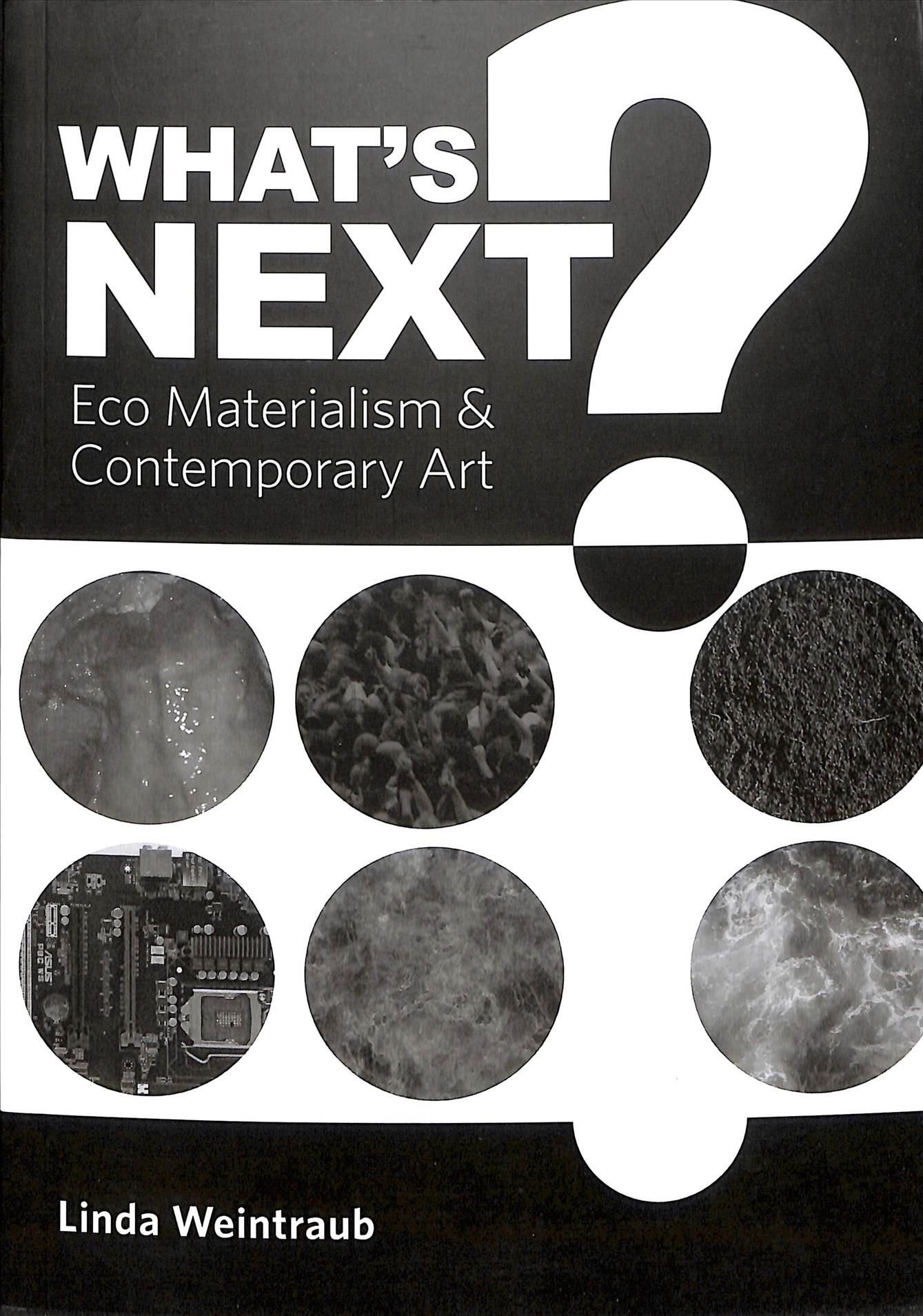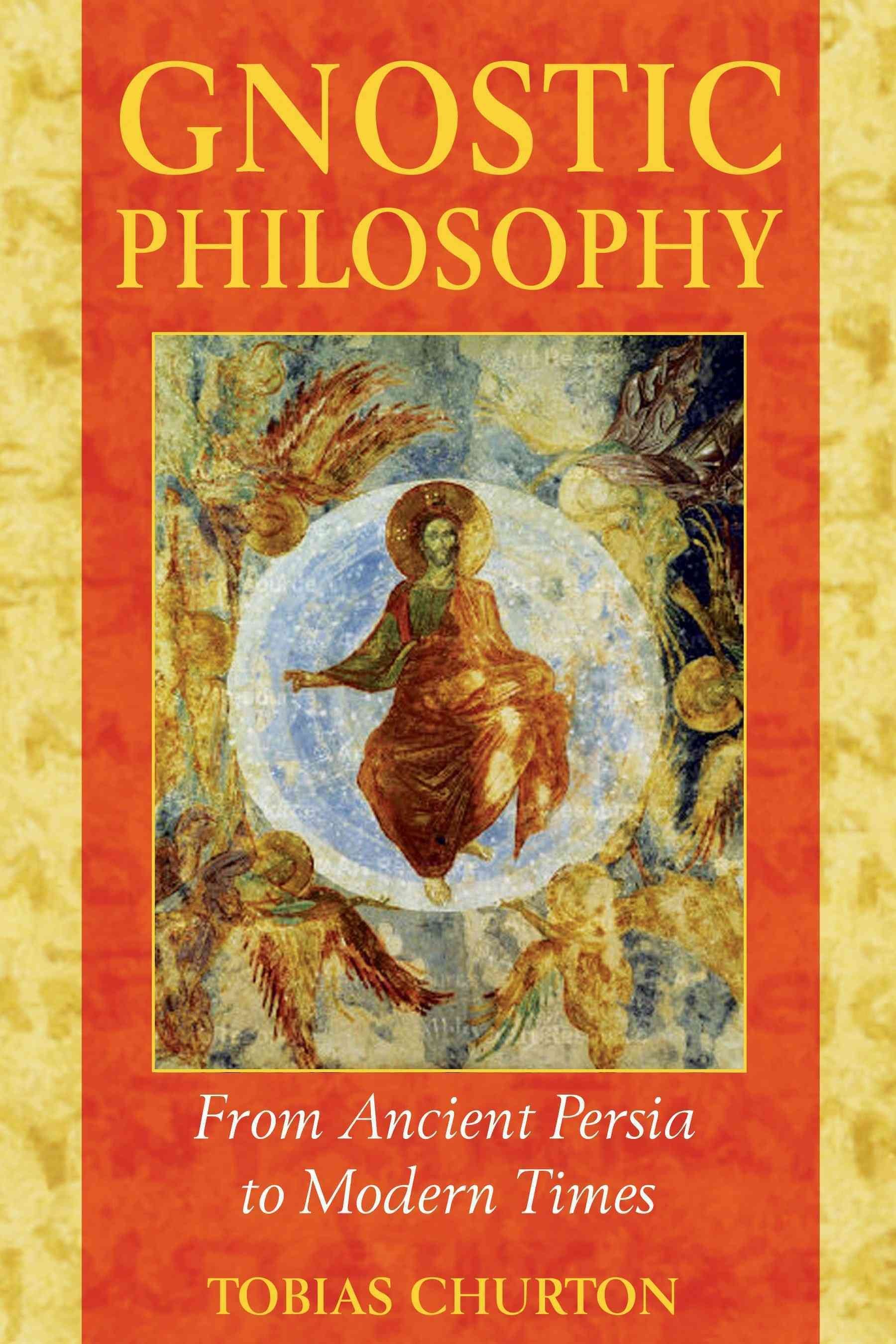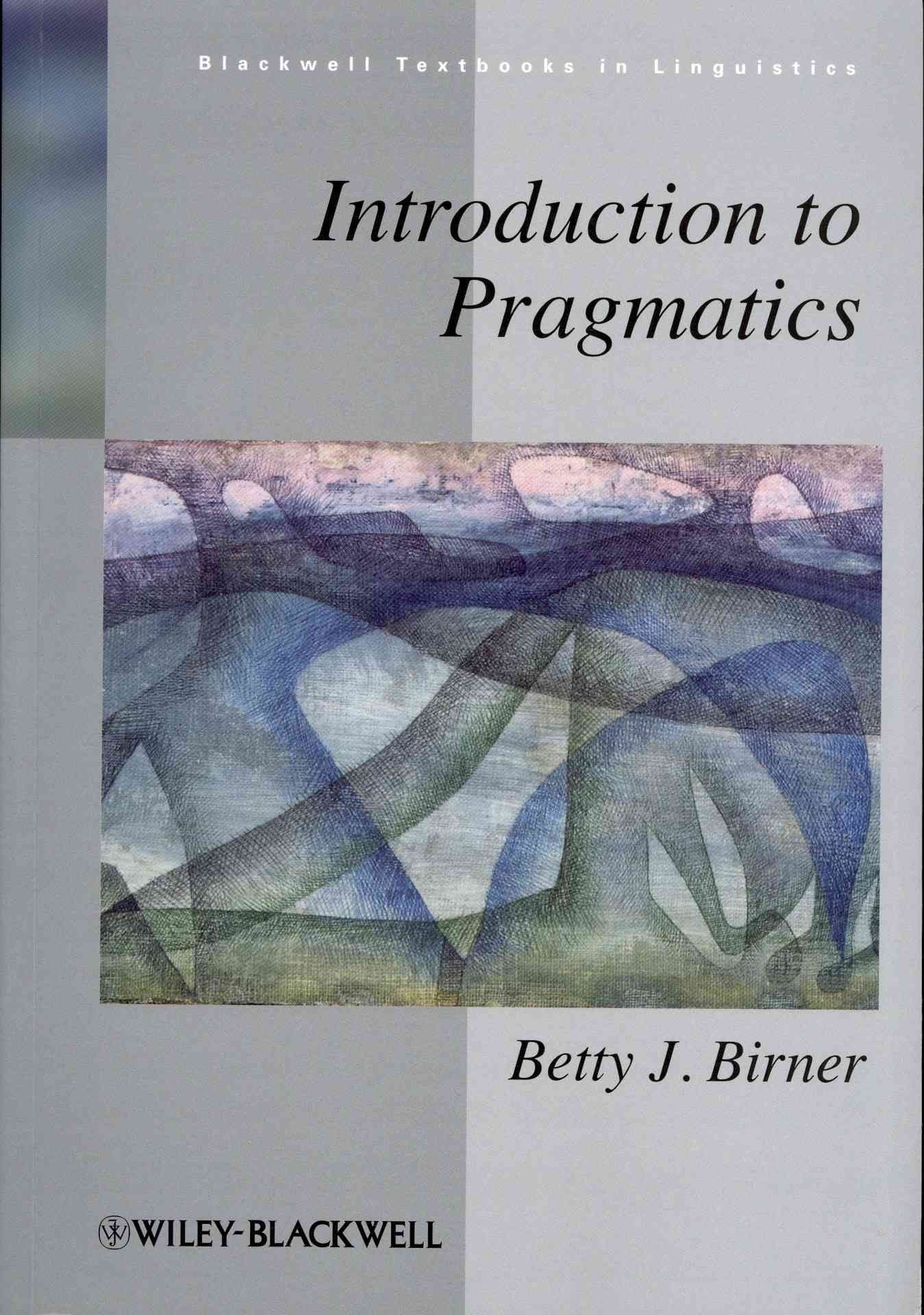The public image of Arabs in America has been radically affected by the ‘war on terror’.But stereotypes of Arabs, manifested for instance in Orientalist representations of Sheherazade and the Arabian Nights in Hollywood, have prevailed for much longer.Here Somaya Sabry argues that the Arab-American experience has been powerfully shaped by racial discourse and Orientalism, and is further complicated today by hostility towards Arabs in post-9/11 America.She shows how Arab-American women writers and performers confront and subvert racial stereotypes in this charged context by recasting representations of Sheherazade.Shedding new light on Arab-American women’s negotiations of identity, this book will be indispensable for all those interested in the Arab-American world, American ethnic studies and race, as well as diaspora studies, women’s studies, literature, cultural studies and performance studies. ‘This is one of the first analyses of Arab-American women’s cultural production that brings together literary writings and performance.Somaya Sabry discusses four women’s celebration and contestation of the post-Gulf War emergence of the hyphenated Arab-American as a new ethnic identity and culture.Each uses the Sheherezadian narrative of survival through storytelling to resist Americans’ racialized perceptions of Arabs.The women’s transformation of the oral narrator of the Arabian Nights from victim to literate survivor challenges neo-Orientalist projections of Arab women’s silence and passivity.Their many different stories of daily life in the American diaspora bump up against, dialogue with and ultimately undo stereotypes.’- Miriam Cooke, Professor of Arabic and Arab Cultures, Duke University, and author of Women Claim Islam: Creating Islamic Feminism Through Literature (2000) and Dissident Syria: Making Oppositional Arts Official (2007)












